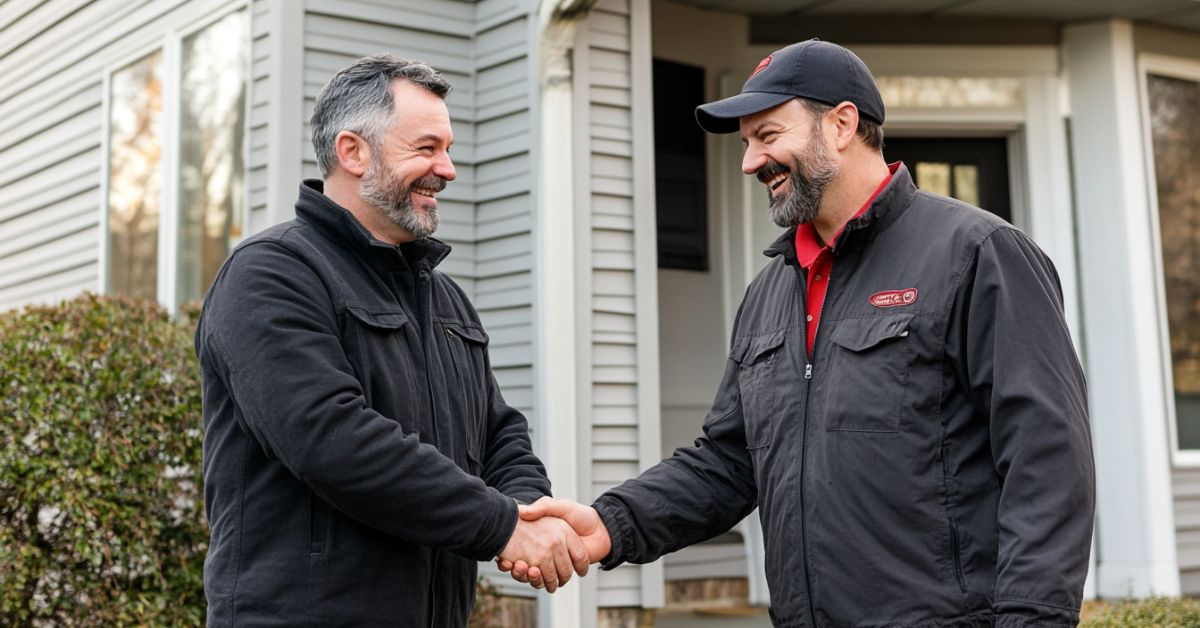
August 8, 2024
Top Pitfalls to Avoid When Hiring a Roofing Contractor
Hiring a roofing contractor is a critical decision that can significantly impact the safety, value, and longevity of your home. Unfortunately, many homeowners make common mistakes during the hiring process that lead to poor workmanship, delays, and unnecessary expenses. To help you navigate this process, we’ve outlined the top pitfalls to avoid when hiring a roofing contractor.
1. Neglecting to Verify Licensing and Insurance
One of the most crucial steps in hiring a roofing contractor is verifying their licensing and insurance. A legitimate contractor should hold the necessary licenses required by your state or local government. Additionally, they should carry both liability insurance and workers’ compensation insurance. This protects you from potential lawsuits or financial liability in case of accidents or damage during the project.
How to Avoid:
- Ask for copies of the contractor’s license and insurance certificates.
- Verify the validity of these documents with the respective issuing authorities.
2. Hiring Based Solely on Price
While it might be tempting to go with the lowest bid, hiring a contractor based solely on price can lead to subpar work and materials. The cheapest option often means the contractor is cutting corners or using inferior products, which can cost you more in the long run due to repairs and replacements.
How to Avoid:
- Obtain multiple quotes and compare them.
- Consider the quality of materials, workmanship, and the contractor’s reputation in addition to the price.
3. Ignoring Local References and Reviews
A contractor’s reputation in your local area is a strong indicator of their reliability and quality of work. Ignoring local references and reviews can lead to hiring a contractor with a history of poor performance or unsatisfied customers.
How to Avoid:
- Ask the contractor for a list of local references and contact them.
- Check online reviews on platforms like Google, Yelp, and the Better Business Bureau.
4. Overlooking the Written Contract
A detailed written contract is essential for protecting both you and the contractor. This contract should outline the scope of work, materials to be used, project timeline, payment schedule, and any warranties or guarantees.
How to Avoid:
- Insist on a written contract and review it carefully.
- Ensure all details are clearly stated, including start and completion dates, and the process for handling unexpected issues.
5. Not Asking About Warranties
Warranties are crucial for ensuring the long-term quality and performance of your roof. There are typically two types of warranties: a manufacturer’s warranty for the materials and a workmanship warranty from the contractor.
How to Avoid:
- Ask the contractor about the warranties they offer and get the details in writing.
- Understand what is covered under each warranty and the duration.
6. Failing to Confirm Clean-Up and Disposal
Roofing projects generate a significant amount of debris. Ensuring that clean-up and disposal are included in the contractor’s responsibilities can prevent additional costs and hassle.
How to Avoid:
- Discuss clean-up and disposal procedures before the project starts.
- Include these details in the written contract to avoid any misunderstandings.
7. Not Verifying Experience and Specialization
Not all roofing contractors have the same level of experience or specialization. Some may be more skilled with certain types of roofs or materials. Hiring a contractor without verifying their experience and expertise can result in poor workmanship.
How to Avoid:
- Ask about the contractor’s experience with your specific type of roofing material and project.
- Request examples of previous work similar to your roofing needs.
8. Overlooking Communication and Professionalism
Effective communication and professionalism are vital for a smooth roofing project. A contractor who is difficult to reach, unresponsive, or unprofessional can lead to delays and misunderstandings.
How to Avoid:
- Pay attention to how the contractor communicates during the initial consultation.
- Choose a contractor who is responsive, transparent, and courteous.
9. Neglecting to Obtain a Building Permit
Some roofing projects require a building permit from your local municipality. Neglecting to obtain this permit can result in fines and delays.
How to Avoid:
- Discuss with the contractor whether a permit is needed for your project.
- Ensure the contractor obtains the permit and follows all local building codes and regulations.
10. Not Understanding Payment Terms
Understanding the payment terms and schedule is crucial to avoid financial disputes. Some contractors may require a deposit, while others may offer financing options.
How to Avoid:
- Clarify the payment schedule and terms before starting the project.
- Avoid paying the full amount upfront and ensure the contract specifies payment milestones.
Conclusion
Hiring a roofing contractor requires careful consideration and due diligence. By avoiding these common mistakes, you can ensure a smoother process and a successful roofing project. Always take the time to verify credentials, understand the contract, and communicate effectively with your contractor. Your home deserves the best, and so do you.
